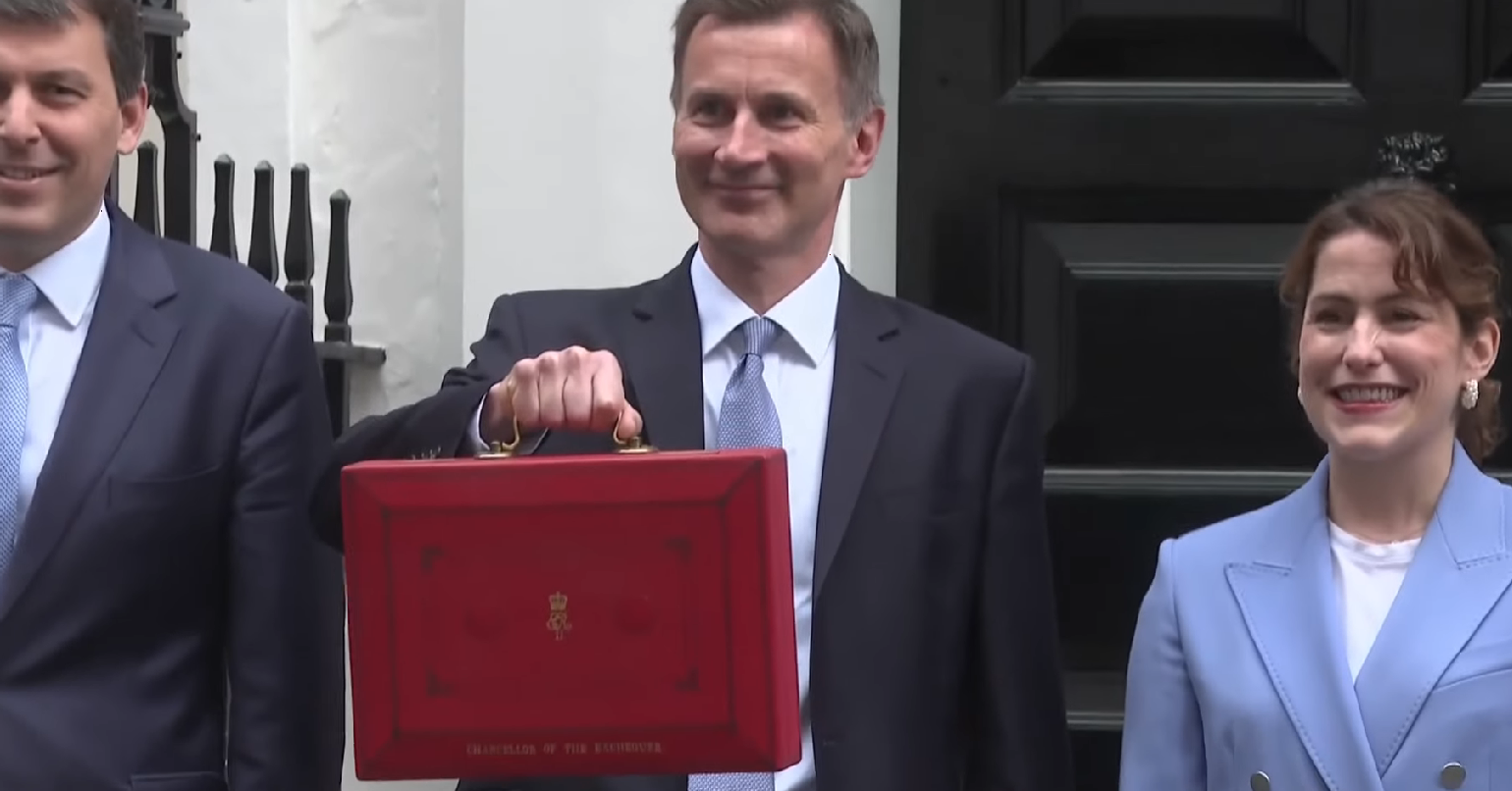Jeremy Hunt’s budget offers no justice on pay or the climate

The Budget has begun to unravel today, as the chancellor’s flagship pension changes, presented as an answer to the retention crisis facing senior NHS consultants, have been exposed by the Institute for Fiscal Studies (IFS) as “deeply disappointing.”
The Green Party has called for public sector pay justice, with people fairly rewarded for the work they do and encouraged to stay. However, the budget offered a tax-giveaway to the richest 2 per cent of earners and more real-terms pay cuts for the rest.
As the IFS says: “You can’t keep cutting the pay of teachers, nurses and civil servants, both in real terms and relative to the private sector, without consequences for recruitment, retention and service delivery,”
After 13 years of Tory rule, public sector wages have shrunk by some 20 per cent in real terms – a period of decline in real wages not seen since the end of the Napoleonic War.One off, non-consolidated payments to quell the present strike wave is just putting off to tomorrow what needs sorting out today.
As with public sector pay, so with the vital actions we need to tackle the climate emergency. Proven and effective measures to cut carbon emissions, keep people warm and reduce the cost of living were glaringly absent. Where was the nationwide insulation programme, for instance?
Instead, unproven, costly technological fixes like carbon capture and storage received cash boosts. Carbon capture and storage has never shown itself to be commercially viable and it runs the risk of allowing polluters a free pass. And instead of meaningful investment in abundant and affordable renewables such as onshore and offshore wind, tidal and solar, we are promised expensive nuclear which will take over a decade to come on stream.
Greens also want to unlock the huge potential for community-owned onshore renewable energy schemes, providing low cost clean energy and giving local people a stake in energy generation. However, this will involve changing planning laws, something the Tories have consistently either blocked or shied away from.
When it came to transport, the biggest source of carbon emissions in the UK, the government chose to prioritise another freeze in fuel duty. Meanwhile, the one in five people without access to a car are left standing in the cold.
The Green Party is calling for a £1 single bus fare in England and free travel for anyone under 22. Obviously, it is pointless having cheap or free travel for buses that don’t exist, so we also want to see major investment in new clean, green accessible buses and routes.
We also want to see buses taken back under public control, so they work for people not profit. Low cost and free travel and a bus investment programme could be delivered by scrapping the fuel duty freeze and redirecting the extra revenue into affordable public transport for all.
We know from past experience that an obsessive focus on economic growth for its own sake enriches the few, impoverishes many, wrecks our climate and trashes the natural world. Yet, that is the vision offered by this chancellor and Labour’s would-be alternative.
This business as usual approach results in growth – but it is growth in air pollution; growth in sewage discharges into our waterways and on to our coastline and growth in inequality.
The sort of growth at any price the Tories have in mind is revealed by plans for 12 new Investment Zones across England. These will provide opportunities for tax avoidance, pit communities against each other – with those outside the zones subsidising services for people inside them – and undercut environmental standards.
Where were the incentives to support businesses to make the long-term sustainable commitments to green their operations, especially the most energy intensive industries?
This budget, for all the chancellor’s claims, leaves us stuck on the same pot-holed track to nowhere-land.
The road to a fairer, greener country is paved with common sense economic policies that put health and wellbeing and the protection of our environment first.
PS. We hope you enjoyed this article. Bright Green has got big plans for the future to publish many more articles like this. You can help make that happen. Please donate to Bright Green now donate to Bright Green now.




Leave a Reply